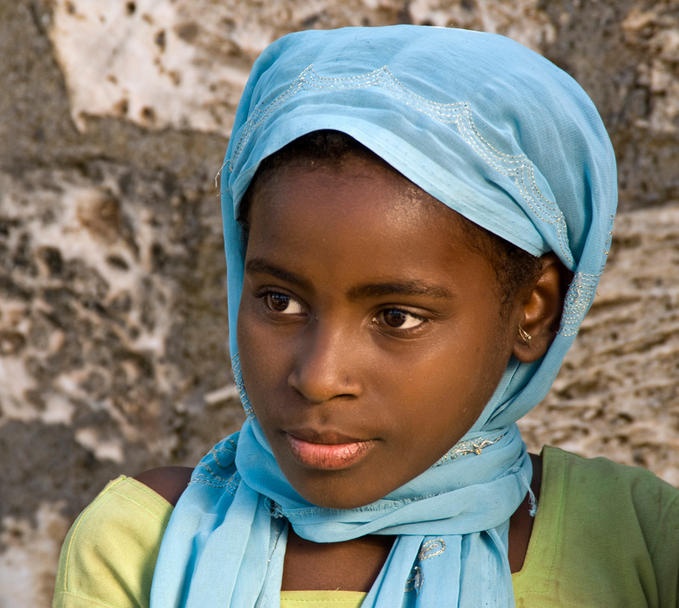While it is communally known that many African countries, including South Africa, Kenya and Tanzania have large populations of people who are of South Asian descent, there has been limited documentation about African descendants in South Asia. Africans arrived in South Asia under various circumstances. Although a significant amount of South Asians of African descent can trace their arrival back to slavery, many are also descendants of seafarers, sailors and merchants.
Oggi, there are notable people of African descent residing in Gujarat and Karnataka. Referred to as Sidis, Afro-Indians/South Asians have been an integral part of South Asian society for many centuries and are well interrogated into everyday South Asian life and culture. The history of Afro-South Asians has also been very diverse. Africans once ruled certain regions in South Asia (they ruled island of Janjira from 1618 for about 31/2centuries and the state Sachin from 1791) e come risultato, some Afro-South Asian descendants have been able to maintain the respect of the members in the communities in which they currently reside. Other Afro-South Asian descendants, such as the Sidis in Gujarat and Karnataka, live a life of marginalization.
Most Afro-South Asians were born and raised in the region and as a result; consider it to be their home and place of orijin. Tuttavia, many of them have managed to maintain certain distinct cultural expressions and practices that are inherently African. Through their languages, religious beliefs and practices, music and dance forms, Afro-South Asians have been able to hold on to their historical roots and culture. Per esempio, Afro-Gujaratis have been presenting their music to the international world since 2002 and perform dhamal which they call goma, a word derived from the Swahili word ngoma meaning ‘drum’ and also ‘dance.’ Another example of the preservation of African culture and tradition amount Afro-South Asians are demonstrated by the Sidi in Andhra Pradesh, India. Referring to themselves as ‘Chaush’ dance with their drums and sing the song thought to them by their forefathers. While many of those who refer to themselves as ‘Chaush’ often do not understand the words they are singing, the lyrics are in their ancestral Bantu language. Many of the dances performed by Afro-South Asians also incorporate call and response chants used at various rituals by their African ancestors.
While the presence of Afro South-Asians is generally unbeknownst to many South Asians themselves because it is often assumed that they are tourist visiting the area, they have managed to not only assimilate with the general South Asian population but also preserve their African heritage. While most Afro-South Asians accept and are proud to call the region their home, they are still very much aware of and celebrate their African orijin.
Tracing discendenti africani in INDIA.
Ispirato dalla filosofia di Bob Marley "Nessuno, ma noi stessi può liberare la nostra mente", Orijin è unico "Cultura Brand" che collega tutti i discendenti africani insieme attraverso la sua Marchio di moda e stimolante rivista di influenzare il nostro stile di vita in tutto il mondo ... .non solo indossare Cultura, SHARE Cultura.

Ultimi post di Non cambiare (vedi tutti)
- Prima di Rihanna era Grace Jones - Dicembre 27, 2014
- Marimba: Espressione di libertà, eppure i miei afro-ecuadoriani… - Dicembre 25, 2014
- Chi fa pretesa di essere il Reggae capitale del mondo? - Dicembre 24, 2014















Pingback: Tracing discendenti africani in INDIA (Sidis) |Orijin Cultura | Monica Carlo
Pingback: Wow! Non è il barbiere normale, lava via anche la cattiva energia